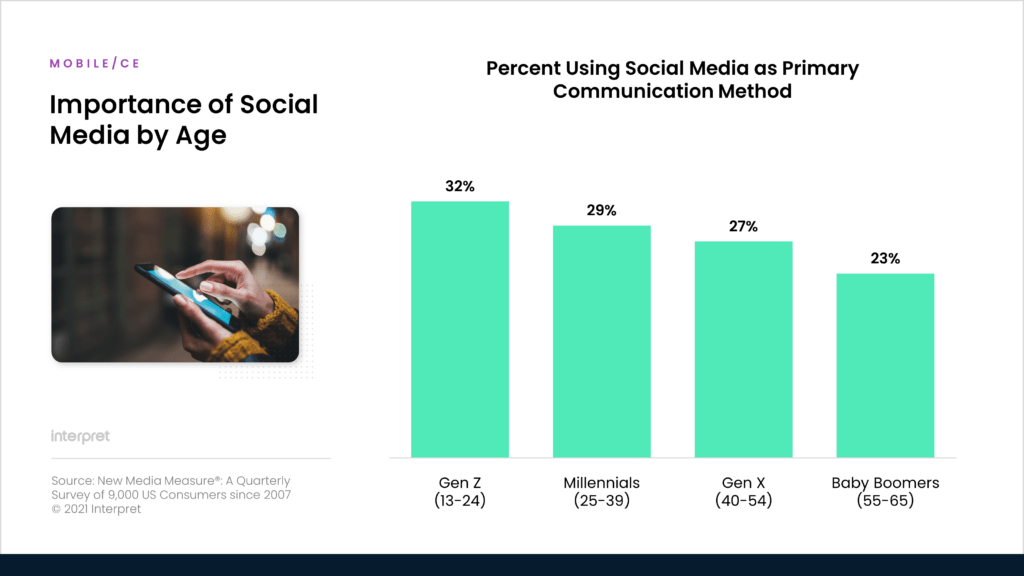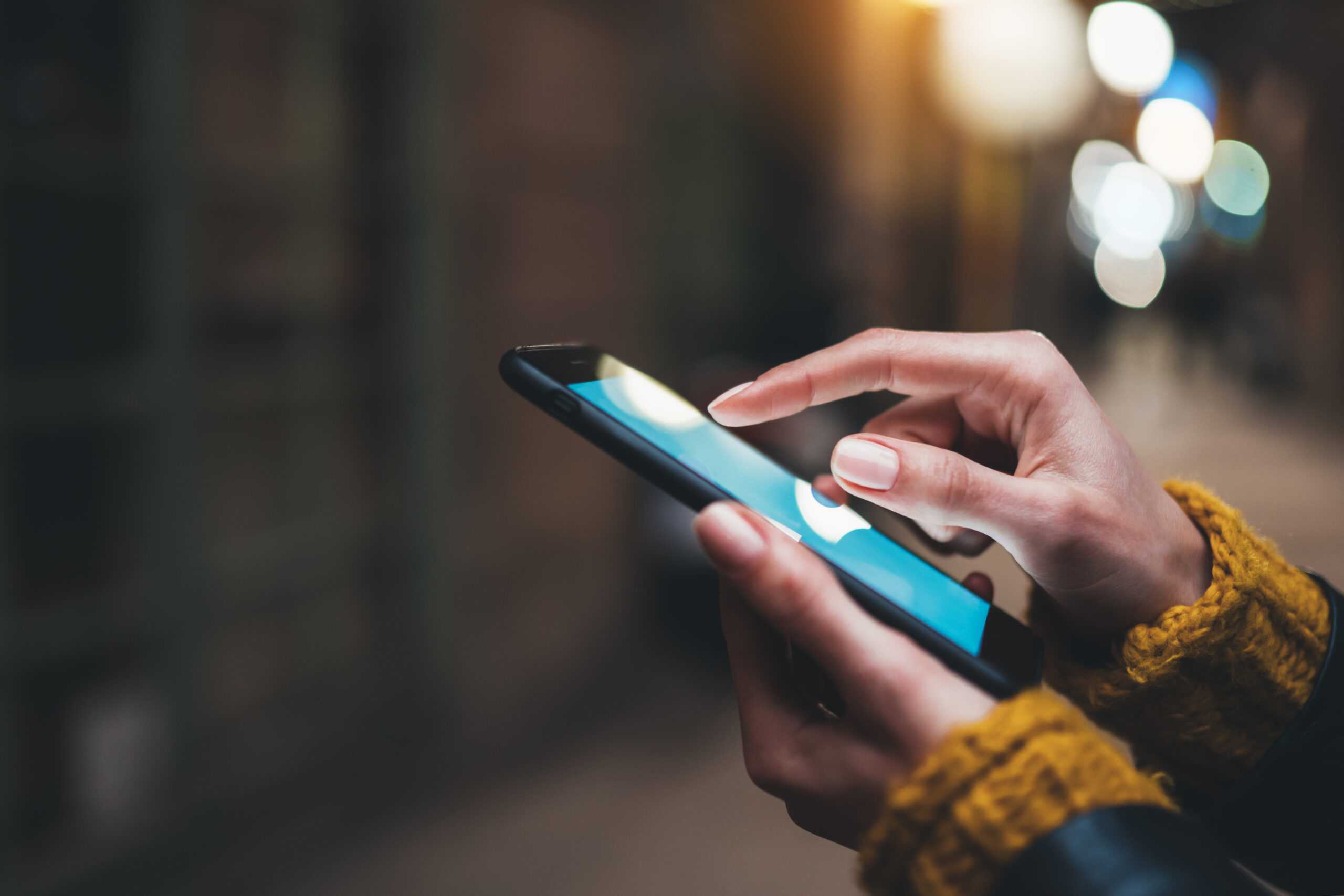Mobile devices have become an integral part of most people’s lives. The global pandemic has put an exclamation point on that fact as more and more individuals are looking to their smartphones for gaming, video entertainment, online shopping, catching up on news, and connecting with friends and loved ones. In fact, one recent study found that Americans check their smartphones once every 10 minutes throughout the day. Past research has also suggested that the usage of smartphones leads to dopamine production, which is the neurotransmitter responsible for the brain recognizing pleasure and rewards.
It’s also, unsurprisingly, a neurotransmitter that’s been linked to addictive behaviors. The flip side of this dependence on smartphones is that many individuals now suffer from anxiety when they are unable to look at their device. This “nomophobia” (no-mobile phobia) is partially tied to the notion that our smartphones essentially make us available to friends, family, and co-workers 24/7, which comes with implied demands for responding at all hours of the day or night.
Researchers believe that the more time people spend using social media on their phones, the greater the likelihood of nomophobia – meaning that social media usage is a greater problem than the device itself. Social media usage on smartphones has become so prevalent in 2021 that roughly half the US population has accessed social media on a mobile device in the past week, according to Interpret’s New Media Measure®.
The only demographic under-indexing on mobile social media use is Baby Boomers with 46% accessing social media on their phone in the past week. Interpret data shows that there’s a linear relationship between age and social media usage as a primary means of communication.
About one-third of Gen Zers see social media as their primary communication method, which could put teenagers and young adults at greater risk for developing smartphone addictions and nomophobia. The rise of social media and mobile devices is one reason why many parents feel that parenting has become harder now than it was 20 years ago, according to Pew Research.





